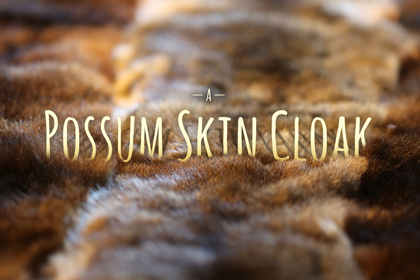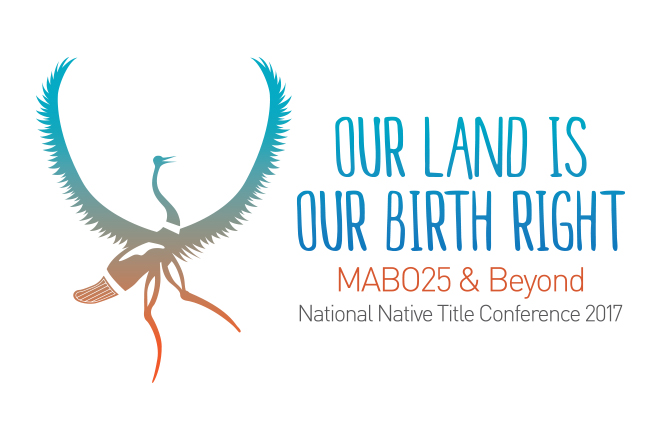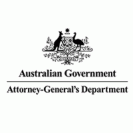Native title and traditional ownership
The Native Title Research Unit (NTRU) at AIATSIS protects the native title and traditional ownership of Aboriginal and Torres Strait Islander people through research and policy advice.
Our activities began in 1993 after the High Court’s historic decision in Mabo v Queensland (No.2) (1992), which recognises Indigenous peoples' rights to land under the legal concept of native title, and are currently supported through a funding agreement with the Department of the Prime Minister and Cabinet.
The NTRU supports the native title sector and traditional owners by providing access to our records, materials and collections as well as through the publication of research outcomes both as a source of public information and in academic publications.
We provide:
- ongoing monitoring of outcomes and developments in native title
- independent assessment of the impact of policy and legal developments
- longitudinal research and case study research designed to feed into policy development
- ethical community based and responsible research practice
- theoretical background for policy development
- recommendations for policy development
- policy advocacy designed to influence thinking and practice.
Our annual Native Title Conference is co-convened by the local Native Title Representative Body (NTRB) or Native Title Service Provider (NTSP) and hosted by the local traditional owners upon whose country the conference is held.
We also hold workshops each year on issues relating to native title, and from time to time participate in the AIATSIS Seminar Series.
Native title research and access service
The Native Title Research and Access Officer provides expert advice and access assistance to our collections to people involved in native title processes. Services offered include:
- Searching our extensive collection
- Arranging for individual and group research visits
- Copying relevant material from our collection
- Providing contacts for further research and relevant Indigenous organisations.











